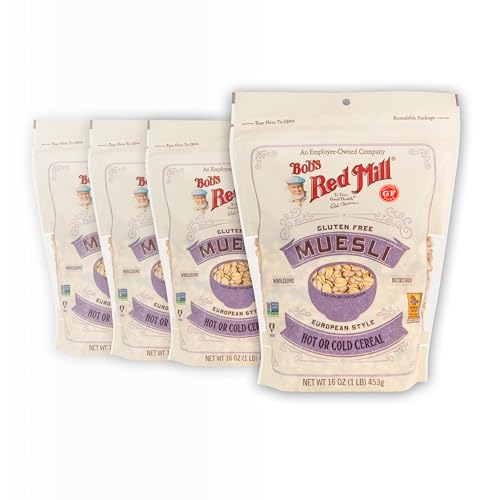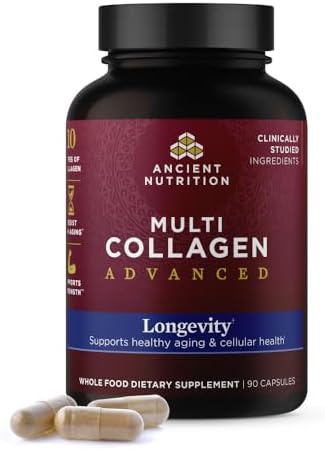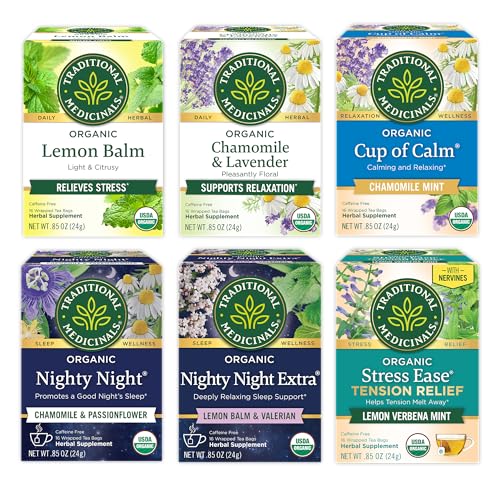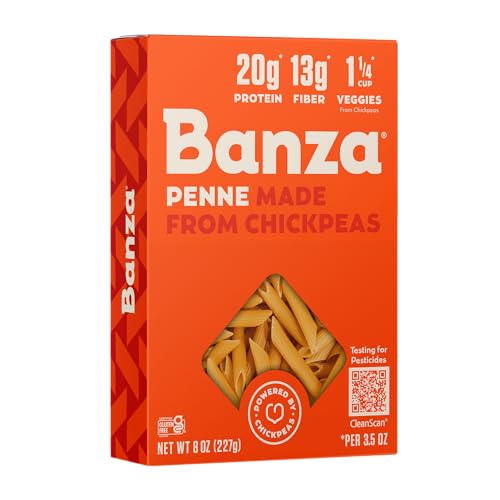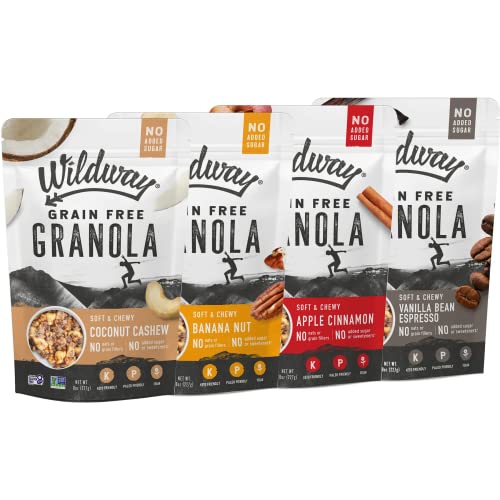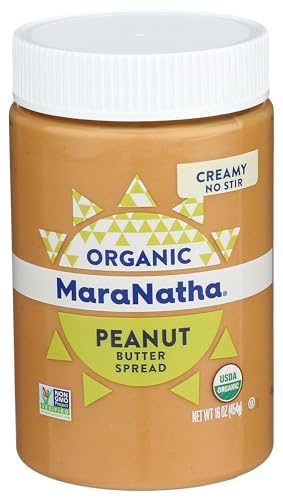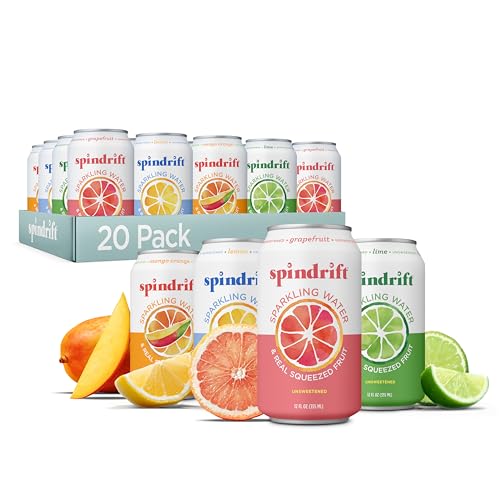
When you’re committed to wellness, every bite counts.
But what if some of the foods you eat every day — even ones labeled as “healthy” — are actually slowing down your progress?
Hidden sugars, inflammatory oils, and sneaky additives can sabotage your energy, metabolism, and overall health, often without you realizing it.
In this detailed guide, you’ll discover the everyday culprits that may be getting in the way of your wellness goals, along with better-for-you swaps to keep you thriving.
🥣 1. Breakfast Cereals (Even “Healthy” Ones)
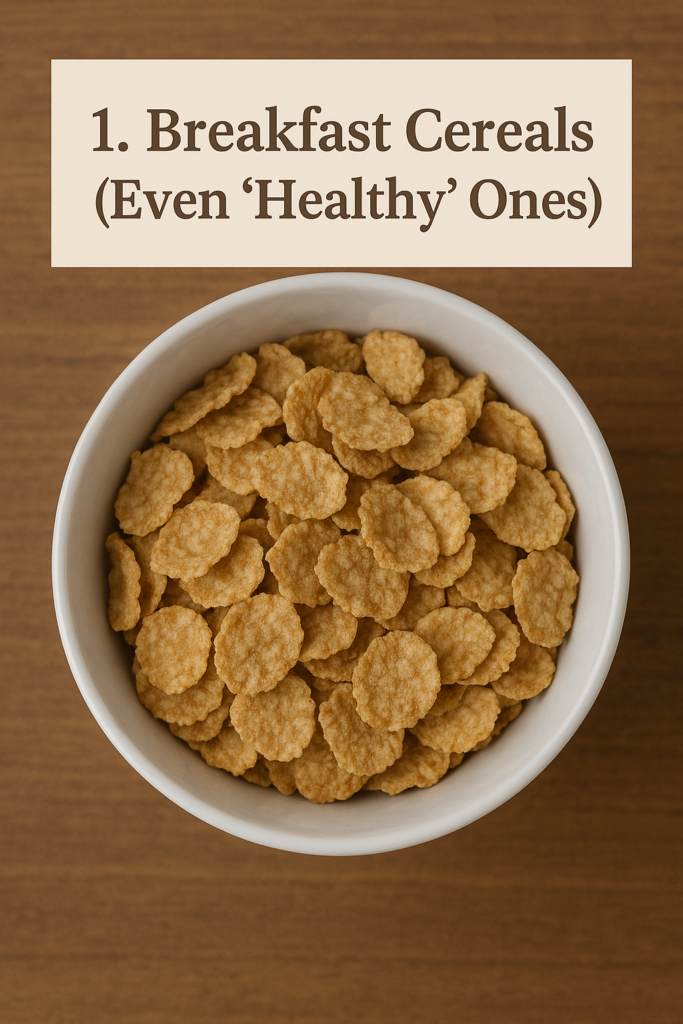
When you’re committed to your wellness goals, how you start your morning can make or break your day.
Unfortunately, many popular breakfast cereals — even those marketed as “high fiber,” “whole grain,” or “fortified with vitamins” — are secretly packed with added sugars, processed grains, and artificial additives.
A typical bowl of cereal can cause a rapid blood sugar spike, followed by a crash that leaves you feeling tired, hungry, and irritable by mid-morning.
This pattern can lead to constant cravings, overeating later in the day, and eventually, difficulty managing your weight — all of which undermine your overall wellness.
Even granola, which seems like a wholesome choice, often hides multiple forms of sugar under names like evaporated cane juice, brown rice syrup, or honey concentrate.
What seems like a light, energetic breakfast might actually be kicking off a blood sugar rollercoaster that lasts for hours.
📚 Source: According to Harvard Health Publishing, starting your morning with high-sugar foods sets a poor metabolic tone for the day, increasing the risk of inflammation, insulin resistance, and metabolic syndrome over time.
Better Choices for Your Wellness Journey
Instead of reaching for processed cereals, focus on whole foods that offer fiber, protein, and healthy fats — the combination your body needs for stable energy and satiety.
✅ Smarter swaps include:
- Unsweetened muesli made with rolled oats, nuts, seeds, and dried fruit (with no added sugar).
- Grain-free granolas based on almonds, coconut, and pumpkin seeds.
- Hot cereals like steel-cut oats or quinoa porridge.
Adding a scoop of clean protein powder to your morning oatmeal or smoothie can also help stabilize blood sugar and keep you full longer.
Product Picks to Elevate Your Morning Routine
Here are a few highly-rated options that align beautifully with a wellness-focused lifestyle:
- 🌰 Purely Elizabeth Grain-Free Granola: Made with coconut, nuts, and seeds, lightly sweetened with coconut sugar — no hidden syrups or additives.
- 🥣 Bob’s Red Mill Gluten Free Muesli: A hearty blend of whole grains, nuts, seeds, and dried fruit, perfect for a nourishing, low-sugar start.
- 🍯 Ancient Nutrition Multi Collagen Protein Powder: An easy addition to smoothies, coffee, or oatmeal for extra protein without fillers or synthetic ingredients.
Each of these simple swaps helps ensure your breakfast supports — rather than sabotages — your daily wellness goals.
🧃 2. Fruit Juices
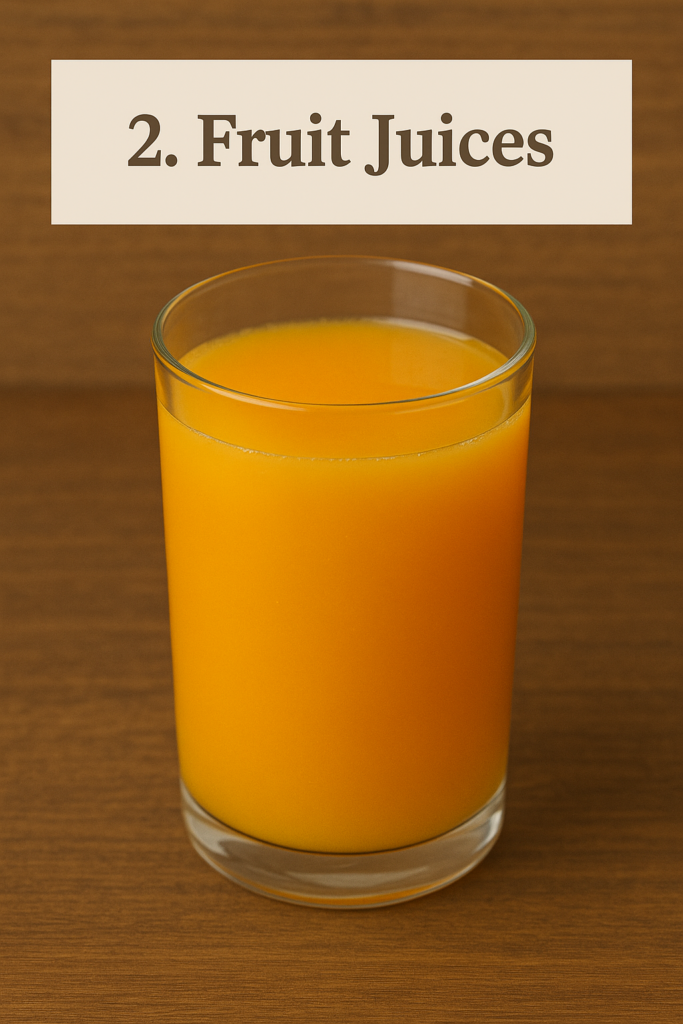
It’s easy to believe that starting your day with a glass of fruit juice — especially one labeled “100% juice” — is a smart choice for your wellness journey.
But despite the health halo around juices, most are stripped of the fiber that makes whole fruits so beneficial and deliver a concentrated rush of sugar into your bloodstream.
Without fiber to slow the absorption, the natural sugars in juice act more like refined sugar in your body.
This can lead to quick energy spikes followed by crashes, promoting cravings, mood swings, and even increased fat storage over time — all of which can quietly derail your wellness goals.
Even “cold-pressed” or “organic” juices aren’t always innocent.
Drinking large quantities, even of “clean” juices like apple or orange, can flood your system with fructose, stressing the liver and contributing to insulin resistance when consumed regularly.
📚 Source: Mayo Clinic emphasizes that drinking fruit juice, even 100% juice, can lead to weight gain and increased risk of developing type 2 diabetes if consumed in large amounts without fiber or other balancing nutrients.
Better Choices for Your Wellness Journey
Instead of reaching for fruit juice, prioritize options that maintain the integrity of the whole fruit — fiber included.
✅ Smarter swaps include:
- Blending smoothies with whole fruits (skin and pulp) and adding leafy greens for added fiber and antioxidants.
- Drinking water infused with citrus slices, berries, or mint for a refreshing, low-sugar boost.
- Enjoying herbal teas chilled over ice for a naturally sweet, calorie-free option.
These alternatives help keep your blood sugar stable, improve digestion, and align much better with your long-term wellness goals.
Product Picks to Support Smarter Sipping
To make healthier beverage choices even easier, here are a few practical essentials worth keeping on hand:
- 🍓 Nutribullet Pro Personal Blender: Compact yet powerful, perfect for blending whole fruits, veggies, and protein into quick, nourishing smoothies.
- 🍋 Hiware Glass Fruit Infuser Water Bottle: Encourages hydration with fresh fruits without adding unnecessary sugar — a wellness-friendly upgrade to sugary drinks.
- 🍵 Traditional Medicinals Organic Herbal Tea Sampler: A variety of naturally caffeine-free herbal teas that you can enjoy hot or iced, supporting hydration and wellness.
Each of these small additions can help you build a healthier daily ritual, keeping your focus firmly on sustained energy, better digestion, and lasting wellness.
🍞 3. White Bread and Refined Grains
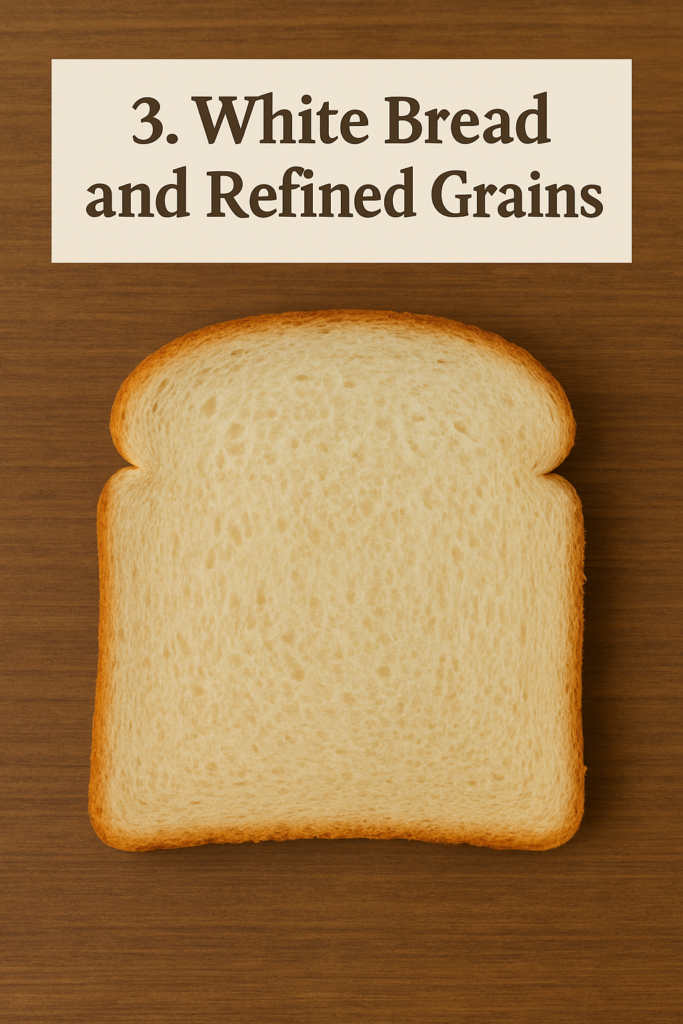
While bread and pasta are staples in many diets, not all grains are created equal — and if you’re serious about your wellness goals, it’s time to take a closer look.
Refined grains like white bread, white rice, and conventional pasta are heavily processed, stripping away most of the fiber, vitamins, and minerals that make whole grains so beneficial.
Without fiber to slow digestion, these foods behave much like sugar inside your body, causing rapid blood sugar spikes followed by sudden crashes.
This not only triggers cravings and overeating but also promotes inflammation, gut imbalance, and eventually, a higher risk of metabolic issues — all major barriers to lasting wellness.
Even seemingly innocent options like “wheat bread” can be misleading, as many varieties contain mostly refined flour with just a touch of whole grain added for marketing purposes.
📚 Source: According to research published in The American Journal of Clinical Nutrition, diets high in refined carbohydrates are linked to an increased risk of heart disease, type 2 diabetes, and chronic inflammation — all of which can derail wellness efforts over time.
Better Choices for Your Wellness Journey
To keep your body fueled and resilient, focus on fiber-rich, minimally processed grains or grain alternatives.
✅ Smarter swaps include:
- Choosing 100% whole grain or sprouted breads where whole grains are the very first ingredient.
- Exploring ancient grains like quinoa, farro, and millet that provide extra protein, minerals, and fiber.
- Trying sourdough bread made through slow fermentation, which may be easier on blood sugar and gut health.
These simple shifts provide longer-lasting energy, better digestion, and greater alignment with your sustainable wellness goals.
Pantry Upgrades to Support Better Choices
Making small tweaks to your pantry can have a big impact on your daily choices. Here are a few highly rated options that fit beautifully into a wellness-focused lifestyle:
- 🍞 Food For Life Ezekiel 4:9 Sprouted Whole Grain Bread: Packed with sprouted grains and legumes for better digestion and nutrient absorption, this bread supports stable energy without unnecessary additives.
- 🍚 Truroots Organic Sprouted Quinoa: A versatile, protein-rich ancient grain you can use in salads, bowls, or as a hearty side dish to power your wellness meals.
- 🍝 Banza Chickpea Pasta: A grain-free, high-protein pasta alternative made from chickpeas, offering a fiber boost while keeping your blood sugar steady.
With a few thoughtful swaps, you can enjoy your favorite foods while moving steadily toward your ultimate wellness vision — no deprivation necessary.
🥓 4. Processed Meats
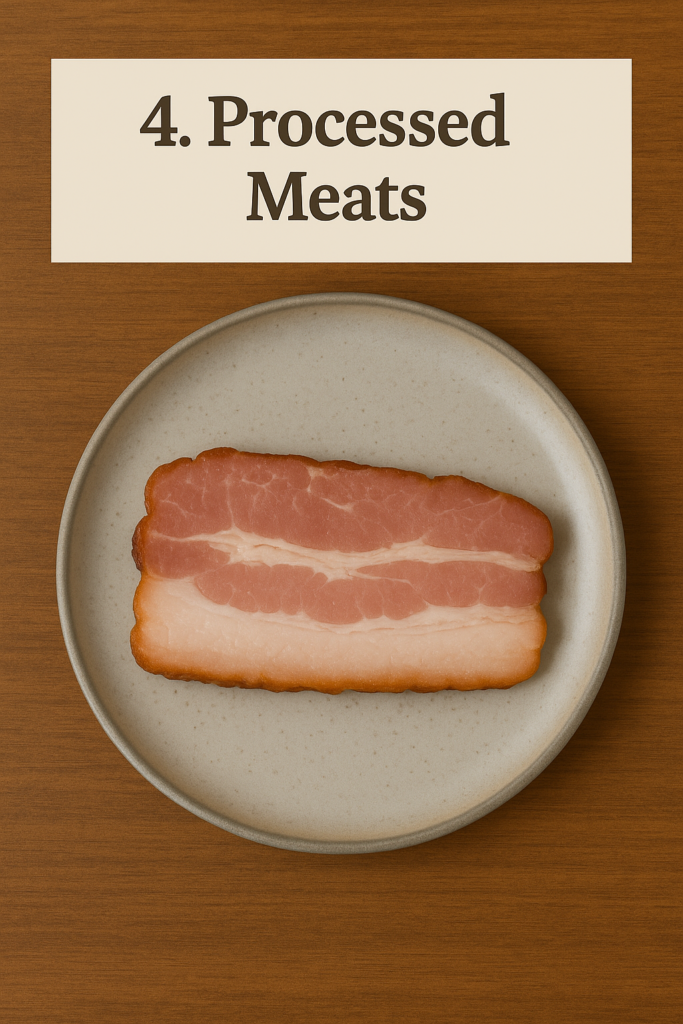
Convenient, flavorful, and easy to prepare — it’s no wonder processed meats like bacon, ham, sausages, and deli slices are staples in so many kitchens.
But if you’re aiming for optimal wellness, processed meats might be doing more harm than good.
Most processed meats are high in sodium, saturated fats, preservatives (especially nitrates and nitrites), and other chemical additives.
Consuming them regularly has been linked to increased risks of heart disease, type 2 diabetes, certain cancers (particularly colorectal cancer), and chronic inflammation — all major roadblocks on your wellness journey.
Even “natural” or “organic” labels can sometimes be misleading, with hidden sugars, artificial flavors, and binding agents tucked into the ingredients list.
Long-term reliance on these foods can quietly undermine your body’s ability to maintain healthy inflammation levels, metabolism, and even gut health.
📚 Source: The World Health Organization classified processed meats as Group 1 carcinogens, meaning there’s strong evidence they contribute to cancer development.
The American Institute for Cancer Research recommends minimizing processed meat consumption altogether to support better wellness outcomes.
Better Choices for Your Wellness Journey
You don’t have to give up meat completely — but choosing high-quality, minimally processed options makes a world of difference for your overall health.
✅ Smarter swaps include:
- Opting for fresh, organic, grass-fed meats whenever possible.
- Selecting uncured, nitrate-free versions of bacon, deli turkey, or chicken sausages.
- Experimenting with plant-based proteins like lentils, chickpeas, and tempeh for variety.
Prioritizing quality sources of protein supports muscle repair, hormone balance, and metabolic health — all essential pillars of long-term wellness.
Easy Upgrades for Cleaner Eating
Making a few strategic swaps can help you enjoy flavorful meals while keeping your wellness goals intact.
Here are some trusted products that can make healthier eating more convenient:
- 🥩 Applegate Organics Turkey Breast Slices: A clean, simple deli option made without nitrates, antibiotics, or added sugars — great for sandwiches or wraps.
- 🍗 Bilinski’s Organic Chicken Sausage: Fully cooked, nitrate-free sausages packed with real herbs and spices — perfect for a quick protein boost without the unwanted extras.
- 🌱 Lightlife Organic Tempeh: A fermented, plant-based protein rich in probiotics and fiber, ideal for adding variety to your meals without sacrificing wellness.
Choosing these cleaner options not only protects your energy and digestion but also aligns your daily habits more closely with vibrant, sustainable wellness.
🍦 5. Low-Fat and Fat-Free Products
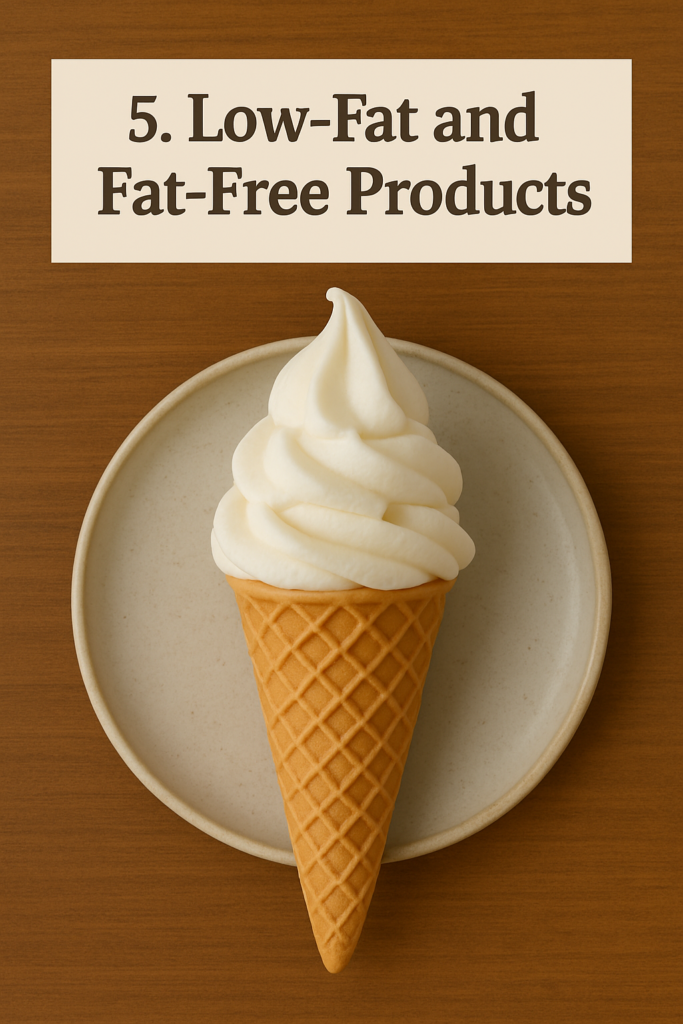
For years, low-fat and fat-free foods were marketed as the ultimate solution for weight management and heart health.
But when it comes to true wellness, the story is far more complicated — and in many cases, these products may actually undermine your progress.
When fat is removed from foods like yogurt, cheese, or salad dressing, it’s often replaced with added sugars, starches, artificial thickeners, and flavor enhancers.
While these tweaks make the product taste better, they disrupt natural satiety signals, spike blood sugar levels, and trigger cravings — leaving you hungrier and more prone to overeating later.
Healthy fats are essential for absorbing fat-soluble vitamins (A, D, E, and K), supporting brain function, balancing hormones, and keeping inflammation in check.
Cutting them out too aggressively can weaken your immune system, slow your metabolism, and drain your energy — all serious setbacks for anyone committed to thriving wellness.
📚 Source: Harvard Health points out that full-fat dairy, when consumed in moderation, may actually lower the risk of obesity and metabolic disease compared to its low-fat counterparts.
Similarly, a study published in The Lancet found that higher intake of natural fats is associated with a lower risk of cardiovascular disease and premature death.
Better Choices for Your Wellness Journey
Rather than fearing fats, it’s time to embrace the right kinds — focusing on quality over quantity.
✅ Smarter swaps include:
- Choosing full-fat, grass-fed yogurt and cheese over low-fat, artificially sweetened varieties.
- Using real extra-virgin olive oil instead of fat-free salad dressings packed with additives.
- Including nourishing sources of fats like avocados, nuts, seeds, and wild-caught fish in your daily meals.
Incorporating healthy fats helps balance blood sugar, supports cognitive health, and creates longer-lasting energy — a cornerstone of sustained wellness.
Wellness-Friendly Staples to Keep on Hand
Here are a few clean, nourishing options that can help you naturally transition away from low-fat traps and nourish your body properly:
- 🥑 FAGE Total 5% Greek Yogurt: Thick, creamy, and packed with protein — with no added sugars or fillers — supporting satiety and gut health beautifully.
- 🥗 California Olive Ranch Everyday Extra Virgin Olive Oil: Cold-pressed and rich in heart-healthy polyphenols, perfect for dressings, roasting, or drizzling over veggies.
- 🌰 Terrasoul Superfoods Raw Organic Cashews: A clean, versatile snack loaded with healthy fats and minerals to power your day and enhance your wellness journey.
Choosing nourishing full-fat foods — rather than chasing “low-fat” labels — empowers you to build meals that are satisfying, healing, and fully aligned with your highest wellness aspirations.
🍪 6. “Health” Bars and Snacks
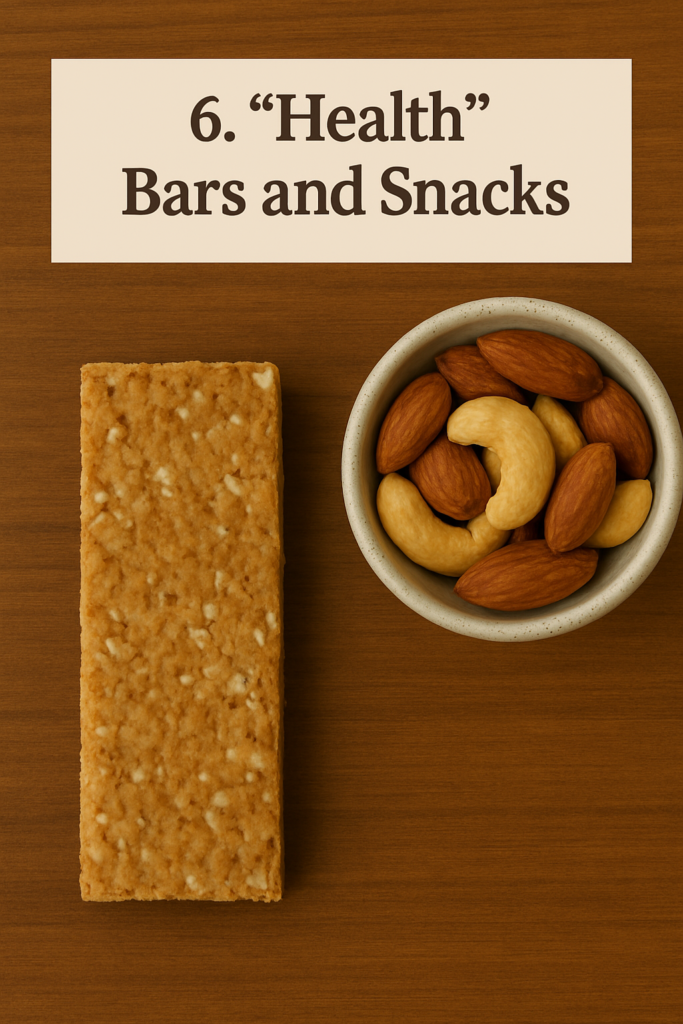
In today’s busy world, reaching for a “health bar” or “wellness snack” seems like a smart move.
But if you’re not careful, these convenient options can quietly sabotage your wellness efforts.
Many packaged protein bars, energy bites, and trail mixes marketed as “natural” or “clean” are loaded with hidden sugars (under names like agave nectar, brown rice syrup, or cane sugar), inflammatory oils (such as canola or soybean oil), and artificial fibers that may cause bloating and gut discomfort.
Worse, some so-called “keto” or “low-carb” bars still contain ingredients that spike blood sugar or disrupt gut bacteria, undermining metabolism and hormone balance — two critical pillars of lasting wellness.
📚 Source: The Center for Science in the Public Interest has repeatedly flagged many “health” snacks for misleading labeling, hidden sugars, and poor-quality ingredients that may mislead consumers trying to make better choices.
Relying too heavily on these ultra-processed snacks can lead to energy crashes, cravings, bloating, and unintended weight gain — steering you away from your intended wellness path.
Better Choices for Your Wellness Journey
Instead of heavily processed bars, prioritize real food snacks that nourish your body and support sustained energy.
✅ Smarter swaps include:
- Snacking on raw nuts, seeds, or fresh fruit paired with a small amount of nut butter.
- Making your own simple energy bites at home with dates, nuts, and a touch of cacao.
- Choosing minimally processed, ingredient-transparent bars made with whole foods you can recognize.
These smarter options support steady blood sugar, better digestion, and more balanced energy — all vital for a strong wellness foundation.
Wellness-Supportive Snack Upgrades
Here are a few wholesome, trusted snacks that fit beautifully into a wellness-focused lifestyle without the hidden pitfalls:
- 🍫 RXBAR Whole Food Protein Bar: Made simply with egg whites, dates, and nuts — no added sugars, preservatives, or mystery ingredients.
- 🌰 Wildway Grain-Free Granola Snack Packs: A portable, clean snack option with no added sugars, grains, or artificial additives — ideal for on-the-go wellness.
- 🥜 MaraNatha Organic No-Stir Peanut Butter: Perfect for pairing with apple slices, whole-grain crackers, or smoothies for a quick, nourishing energy boost.
Choosing snacks wisely helps you avoid the blood sugar rollercoaster, protect gut health, and stay fully aligned with your bigger wellness goals — even when life gets hectic.
🥤 7. Diet Sodas and Artificial Sweeteners
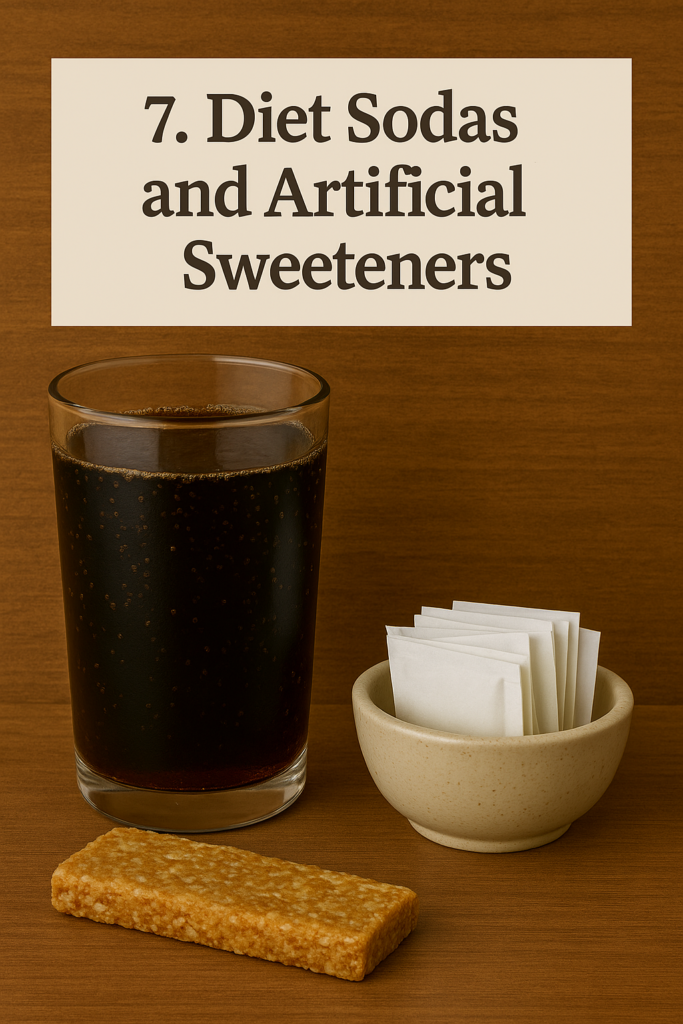
It’s tempting to think that swapping a regular soda for a diet version is a win for your wellness — but the truth is much more complicated.
While diet sodas cut out sugar and calories, they often introduce a new set of problems that can quietly undermine your health goals.
Most diet sodas and “sugar-free” beverages are sweetened with artificial ingredients like aspartame, sucralose, or acesulfame potassium.
Although these sweeteners are technically low- or zero-calorie, emerging research suggests they can disrupt the gut microbiome, increase cravings for sweet foods, impair blood sugar regulation, and even contribute to metabolic dysfunction.
Ironically, many people find that drinking diet sodas makes them hungrier later, increases their preference for ultra-sweet foods, and ultimately makes it harder to maintain stable energy and appetite — all critical factors for sustainable wellness.
📚 Source: A study published in Current Gastroenterology Reports found that artificial sweeteners may alter gut bacteria in ways that promote glucose intolerance and inflammation, potentially increasing the risk of obesity and metabolic disease over time.
Even if you aren’t experiencing obvious side effects, regular consumption of diet sodas can interfere subtly with your body’s natural hunger cues, energy levels, and ability to achieve true, lasting wellness.
Better Choices for Your Wellness Journey
You don’t have to give up delicious drinks — just make smarter swaps that nourish rather than confuse your system.
✅ Smarter swaps include:
- Choosing naturally flavored sparkling water without artificial sweeteners.
- Brewing herbal teas (hot or iced) with mint, hibiscus, or lemon for a refreshing, sugar-free treat.
- Infusing water with cucumber slices, berries, or fresh herbs for a light, naturally sweet flavor.
These alternatives hydrate your body, protect gut health, and support steadier blood sugar — key elements for a thriving wellness lifestyle.
Refreshing Essentials to Upgrade Your Hydration Game
Here are a few practical favorites that can help you replace artificial beverages easily and deliciously:
- 💦 Spindrift Sparkling Water Variety Pack: Made simply with real squeezed fruit and sparkling water — no added sugars, no artificial sweeteners — a perfect wellness-friendly refreshment.
- 🍵 Teabloom Flowering Tea Set: A beautiful, soothing way to enjoy naturally flavored, antioxidant-rich tea that’s as healthy as it is visually stunning.
- 🍋 Zing Anything Citrus Zinger Water Bottle: This clever infuser bottle makes it easy to add fresh citrus or berry flavors to your water, encouraging hydration in a wellness-aligned way.
Upgrading your daily drink choices helps reprogram your taste buds, nourish your gut, and build small but powerful habits that drive unstoppable wellness progress.
Protect Your Wellness by Being Food-Smart Every Day
Supporting your wellness goals isn’t about cutting out everything you enjoy.
It’s about making smarter swaps that nourish you from the inside out, boost your energy naturally, and help you reach your full potential without stress.
By swapping just a few everyday foods for better options, you can accelerate your progress, feel stronger, and stay on track without feeling deprived.
Small changes = Big wins for your long-term wellness success.
You’ve got this!
📚 References
- Harvard Health Publishing — Why breakfast matters for health and metabolism
- Mayo Clinic — Fruit juice: Healthy or not?
- The American Journal of Clinical Nutrition — High-glycemic-index foods and chronic disease risk
- World Health Organization (WHO) — Q&A on carcinogenicity of the consumption of red meat and processed meat
- The American Institute for Cancer Research (AICR) — Processed Meat and Cancer Risk
- Harvard Health Publishing — The low-fat diet myth: Why fat is not the enemy
- The Lancet — Fat intake and cardiovascular disease risk
- Center for Science in the Public Interest (CSPI) — Nutrition Action: Hidden dangers in health bars
- Current Gastroenterology Reports — Effects of Artificial Sweeteners on the Gut Microbiota
Related Articles:
The Overlooked Signs of Low Vitamin D You Need to Know
As an Amazon Associate, I earn from qualifying purchases.

